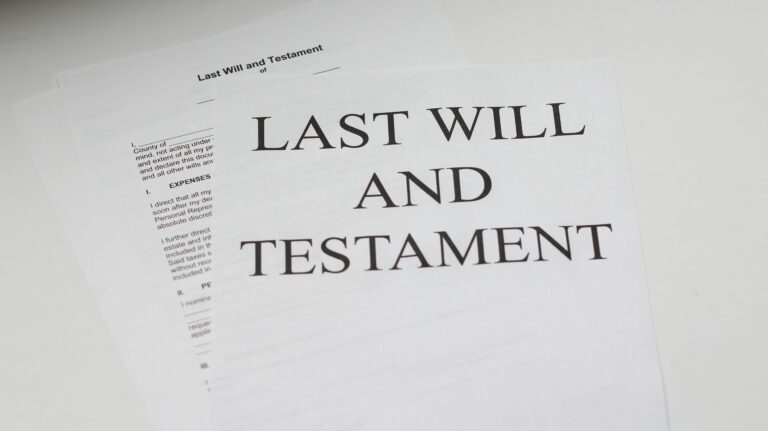
Now Is the Time for Estate Planning
Individuals in their twenties are usually focused on their careers, acquiring assets and enjoying life—death is one of the last things on their minds, according to a recent article from The National Law Review, “Don’t Wait until Time Is Up.” However, unexpected things happen, even to healthy young people.
Estate planning documents, including Power of Attorney, Healthcare Proxy and Living Will, should be prepared because they go into effect as soon as they are executed, allowing others to carry out legal, financial and health wishes in case of incapacity.
Thirty-somethings may have reached various milestones, such as marriage, having children, owning property, starting a business, or working in the family business. This is also a time when life-changing events occur, such as divorce, death in the family, inheritance, moving to another state and more. Estate planning documents should be in place now, including a will and ancillary documents. This may also be the time to establish trusts to accomplish estate planning goals.
If you are getting married, already married, divorced, or remarried, it’s time to call your estate planning attorney. Estate planning is often negotiated as part of prenuptial, postnuptial and separation agreements. Upon getting married or remarried, your estate plan must be updated to include your new spouse and/or remove your ex-spouse. A new spouse may have elective rights to a portion of their spouse’s estate if they remain married at death and the deceased spouse has failed to provide for their surviving spouse.
One of the most important provisions of a will is the designation of a guardian of minor children. The guardian will take legal custody and responsibility for minor children if both natural parents die while the child is under legal age. Any new parent must execute a will or update their will to designate a guardian. Within the will, you may also request guidelines for guardians to file while raising minor children. The court must find and appoint a guardian if there is no will or the will does not designate a guardian.
If you die without a will, the state laws of intestacy control, which means your spouse and nearest heirs will inherit your estate. If this is not your intention and you want to leave assets to friends, charities, or other relatives, then you need a will.
An estate plan is also needed to streamline the probate and administrative process of the estate. An estate plan can be designed to effectively minimize the expense, delay, and loss of privacy of the probate process. This is typically done by establishing a Living Revocable Trust in addition to the will. The trust can be funded during your lifetime and controlled by you before death. Assets don’t pass through the will, avoiding the need for probate.
One of the first steps of probate is filing the will with the appropriate court when the will becomes part of the public record, and anyone can access it. Probate varies from state to state, and courts experiencing back-ups can delay admitting the will and appointing an executor to manage and distribute the assets. This process can take up to a year in some New York Surrogate courts.
Having an estate plan in place and updating it regularly can help protect assets and beneficiaries. If you haven’t already implemented it, now is the best time to begin.
Reference: The National Law Review (Sep. 12, 2023) “Don’t Wait until Time Is Up”









